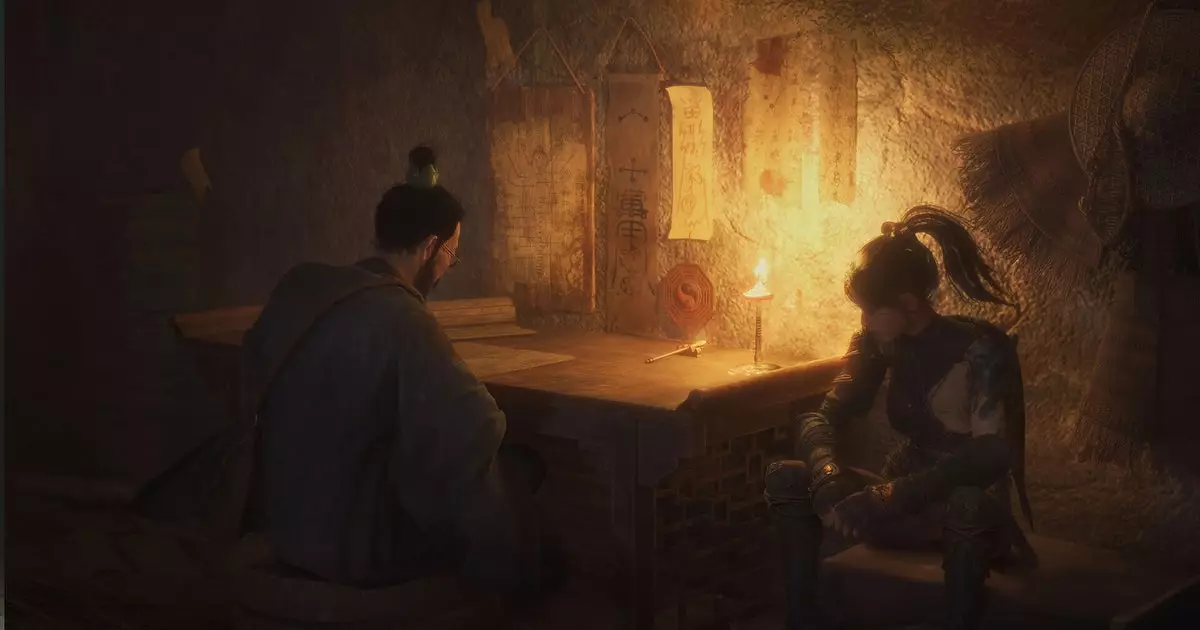In the evolving landscape of video games, developers often release patches and updates aimed at refining gameplay, fixing bugs, or balancing difficulty. However, these updates can sometimes backfire, especially when they undermine the core experience that players cherished. The recent controversy surrounding Wuchang: Fallen Feathers exemplifies how corporate decisions can encroach upon player agency, leading to community-driven resistance. As gamers, we must recognize the importance of preserving the integrity of our experience and question the rationale behind some of these developer-led modifications.
The Impact of Arbitrary Patches on Player Experience
Wuchang’s latest update exemplifies a troubling trend: imposing gameplay changes that significantly diminish challenge and narrative immersion. Making bosses unkillable and reducing their interactions to exhaustion diminishes not only the game’s difficulty but also its storytelling potential. When the essence of a game is altered without community consensus, players feel disrespected and robbed of their freedom to interpret and enjoy the game on their own terms. This shift from player-centric design to top-down control erodes the foundational principle that players should decide how they enjoy a game, not just follow developer dictates.
Community-Driven Resistance: Mods and Workarounds
One of the most empowering responses from the gaming community has been the creation of mods and workarounds to revert unwanted changes. The ‘Rollback censorship patch’ for Wuchang, for example, is a testament to how players refuse to accept arbitrary alterations that undermine their experience. Despite the inconvenience—such as disabling automatic updates, downloading executables, or manually managing game files—players exercise their agency to restore the challenge and immersion they value. This grassroots effort underlines a vital message: community engagement and modding are crucial tools to maintain the integrity of a game beyond the developer’s initial vision.
Developer Responsibilities and Ethical Considerations
This situation raises critical questions about developer responsibility. Should developers prioritize community feedback and respect established player experiences over unilateral design changes? Imposing modifications that dilute difficulty or storytelling without transparent communication distorts the relationship between creators and consumers. It is essential for developers to consider the ramifications of such patches, including the alienation of dedicated fans who invested time and passion into their games. Ethical game design should empower players, not restrict or manipulate their experience for external reasons, such as appeasing specific demographics or censoring content.
The Future of Player Autonomy in Gaming
Looking ahead, the industry must embrace a philosophy that values player agency and open communication. Platforms like GOG.com provide a benchmark with their built-in rollback features, recognizing that players need flexibility in managing game versions. Developers should incorporate similar options, thereby fostering a more respectful and collaborative environment. Moreover, the rise of modding communities offers a model for how players can actively shape their experiences, serving as a counterbalance to corporate overreach. Creating infrastructure that encourages safe and accessible modding would exemplify a mature, player-centric approach to game development.
Final Thoughts: Challenging the Status Quo
The controversy over Wuchang’s patches underscores the necessity for players to stand up against unnecessary restrictions and arbitrary design decisions. It is a call to action for both developers to listen and for communities to organize in defense of their gaming values. Ultimately, the health of the gaming ecosystem depends on empowering players to choose how they experience their favorite games—free from unwanted manipulations and restrictive updates. As players, we hold the power not just in our hands but in our collective voice, echoing the demand for a more respectful, transparent, and flexible gaming future.


Leave a Reply